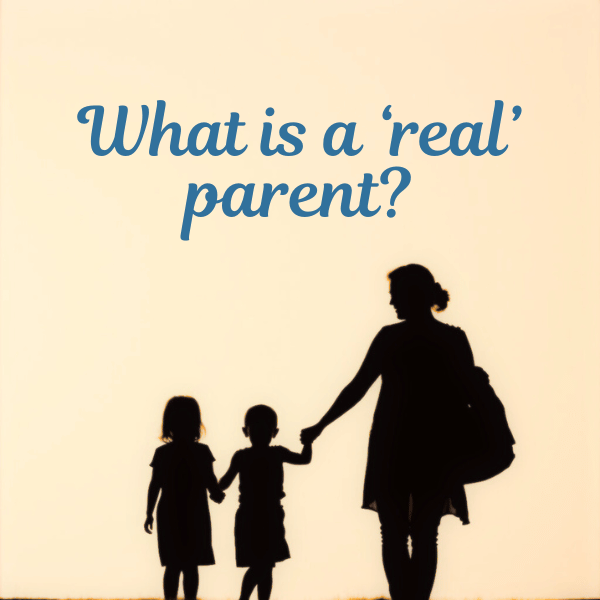Seed or sperm? Building confidence through language
Over the last few months, we’ve been translating the DC Network Our Story children’s books into Welsh, thanks to the efforts of one of our members who secured funding to finance the project.
As part of the project, we held a translation workshop to go through the text and consider what would work best in the Welsh language. It reminded me of all the conversations we had about language when we updated the Our Story books back in 2018 and particularly about whether to use the word ‘sperm’ or the word ‘seed’.
Sperm was more accurate and we recognised how important it is to use clear, unambiguous and biologically accurate language with children. We were – and still are – very supportive of this point of view.
However, we were also aware that lots of parents don’t feel comfortable using the word sperm with children, particularly very young children. It can feel awkward to hear a child saying it aloud. Seed is much more child-friendly and socially acceptable and it fitted really well with the overall warm tone of our book.
The discussion went back and forth for a while. One minute we were absolutely convinced that biological accuracy was the most important point. Then the next minute we would change our minds and decide that we needed the softer, friendlier ‘seed’. It fitted so much better with the style of the book and we already had a precedent as we refer to a ‘warm tummy to grow in’ (not exactly biologically correct!) and had already agreed on that phrasing.
In the end, we went back to basics and asked ourselves what the main purpose of the book was. We had two very clear answers to that question.
Firstly, we wanted to give parents and children an example of how they could share their story simply and clearly, explaining the fact that another person, a donor, had been used to help create them. Secondly, we wanted to give parents confidence in being open. We wanted to show them that talking about the topic wasn’t as daunting or frightening as they might imagine, even with young children. We needed language that would help build that confidence.
In the end, both those reasons directed us to choose the word ‘seed’.
Our focus was very much on empowering those parents who might be feeling anxious or intimidated. But we didn’t want to alienate those who preferred biological terms. So, for that reason, on the page in the book which has an illustration of the ingredients needed to make a baby we deliberately included the accurate biological terms: sperm, ovum and uterus. This provided an alternative opportunity for parents to introduce that language to their child, if they wished.
And of course, anyone who preferred to substitute the word ‘seed’ with the word ‘sperm’ when reading the story could absolutely do so. We always saw our books as tools rather than rigid guides. We provide the words as an example of how to tell the story, but they are not prescriptive. Far from it. We love it when people customise the books to make them their own, whether that’s changing the language, adding content or inserting their own pictures.
For example, we feature a dog in the illustrations. We know lots of families with cats stick a picture of their beloved pet over the image of the dog. It makes me really smile to picture everyone sat at the kitchen table with scissors and glue, engaged in the joint project of erasing the silly dog and asserting the rightful position of their cat as queen of the family!
So, that’s why we ended up choosing the word seed. I hope the rationale makes sense and I hope that anyone who isn’t happy with our choice will simply substitute that word, and any of our text, for whatever terminology they find the most helpful.
Nina Barnsley
1st November 2025










